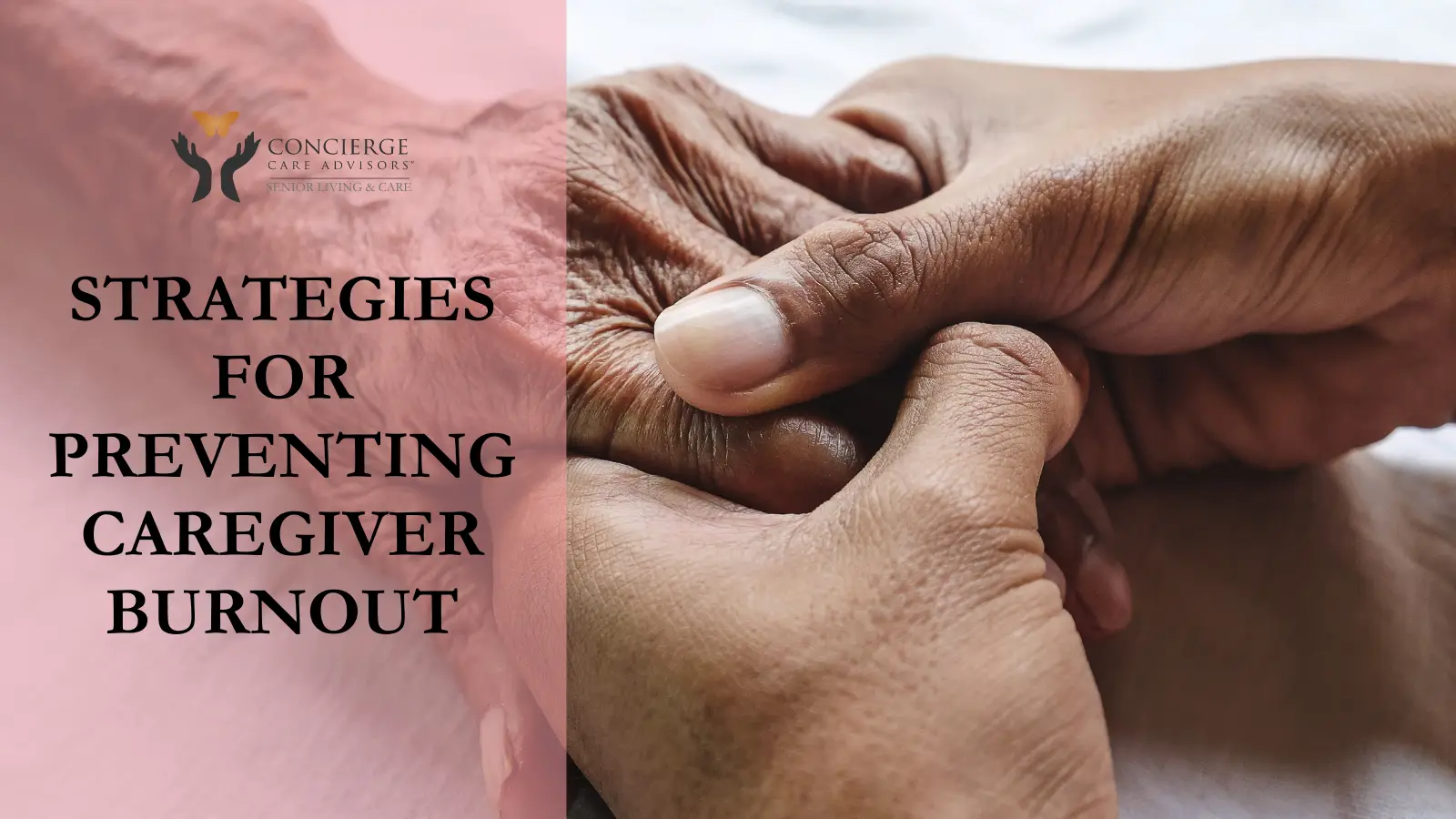Strategies for Preventing Caregiver Burnout
Caring for a loved one is a noble endeavor, but it can also be incredibly demanding and exhausting. Caregivers often find themselves overwhelmed by the responsibilities and emotional challenges they face. This can lead to caregiver burnout, a state of physical, emotional, and mental exhaustion. Understanding the stages of caregiver burnout and implementing strategies to prevent it are crucial for maintaining health and well-being.
Understanding Caregiver Burnout
The Stages of Caregiver Burnout
Caregiver burnout does not happen overnight; it is a gradual process that can be broken down into several stages. Caregiver burnout usually follows a similar pattern, although different sources may use various terms to describe it:
- Honeymoon Phase: Initially, caregivers may feel a strong sense of purpose and satisfaction from their role. The challenges are met with enthusiasm and energy.
- Awakening Phase: Gradually, the caregiver begins to realize the extent of their responsibilities. Stress and fatigue start to set in, and the caregiver might feel overwhelmed.
- Brownout Phase: At this stage, signs of chronic stress become more apparent. Caregivers may experience irritability, anxiety, and frequent illnesses due to weakened immune systems.
- Burnout Phase: The caregiver reaches a point of complete exhaustion. Feelings of helplessness, depression, and detachment from the loved one can dominate.
- Phoenix Phase: Recovery is possible with the right support and strategies. Caregivers can regain their sense of balance and well-being.
Recognizing the Signs of Burnout
It is important to recognize the early warning signs of caregiver burnout to prevent its escalation. These signs include:
- Persistent fatigue and lack of energy
- Sleep disturbances
- Anxiety and feelings of hopelessness
- Physical ailments such as headaches and gastrointestinal issues
- Withdrawal from social interactions
- Irritability and mood swings
- Anger or frustration
- Feelings of guilt or negativity
Strategies to Prevent Caregiver Burnout
Preventing caregiver burnout requires a proactive approach prioritizing the caregiver’s health and well-being. Here are several strategies to consider:
Seek Support
One of the most effective ways to prevent burnout is to seek support from others. This can include:
- Support Groups: Joining a caregiver support group can provide a sense of community and understanding. Sharing experiences with others who are experiencing spouse caregiver burnout or other caregiving challenges can be incredibly therapeutic.
- Professional Help: Consulting with a counselor or therapist can offer emotional support and coping strategies tailored to the caregiver’s specific needs.
- Family and Friends: Do not hesitate to ask for help from family members and friends. Delegating tasks and sharing responsibilities can alleviate some of the burdens.
Prioritize Self-Care
Caregivers often neglect their own needs in favor of their loved ones. However, self-care is essential for maintaining the ability to care for others. Consider the following self-care practices:
- Regular Exercise: Physical activity can reduce stress, boost mood, and improve overall health. Even a daily walk can make a significant difference.
- Healthy Eating: A balanced diet is crucial for maintaining energy levels and overall well-being. Avoid relying on caffeine and sugary snacks as quick fixes.
- Adequate Sleep: Ensure you are getting enough rest. Poor sleep can exacerbate stress and fatigue.
- Mindfulness and Relaxation: Practices such as meditation, deep breathing exercises, and yoga can help manage stress and promote relaxation.
Utilize Respite Care
Respite care provides temporary relief for caregivers by offering short-term care for their loved ones. This allows caregivers to take a break and recharge. Respite care can be provided in various ways. It can take place at home, in adult day care centers, or through short stays in senior living facilities.
Educate Yourself
Understanding the specific needs of your loved one can make caregiving more manageable. Educate yourself about their medical conditions and care requirements. This knowledge can reduce anxiety and improve your caregiving skills.
Set Realistic Goals
Caregivers often set high expectations for themselves, leading to feelings of inadequacy when those expectations are not met. Setting realistic and achievable goals can prevent frustration and burnout. Celebrate small victories and acknowledge the effort put into senior care on a regular basis.
Build a Routine
Establishing a daily routine can provide structure and predictability, reducing stress. A routine helps in managing time effectively and ensures that both the caregiver and the senior have a balanced day.
Consider Senior Living Options
For some families, finding a suitable senior living community can be a viable solution. Senior living communities offer various levels of care, from independent living to assisted living and memory care. These communities offer professional care, social activities, and a safe space, helping to lessen the caregiver’s stress and workload.
Caregiver Resources
Caregiver burnout is a serious issue that can impact the well-being of both the caregiver and their loved one. By recognizing the stages of burnout and implementing strategies to prevent it, caregivers can maintain their health and continue to provide high-quality care. Seeking support, prioritizing self-care, utilizing respite care, and considering senior living options are all effective ways to prevent burnout and ensure the well-being of both the caregiver and their loved one.
Concierge Care Advisors offers free Caregiver Resources, articles, and support to equip you with the knowledge and tools you need to succeed on your caregiving journey. Whether you need recommendations for local specialists, organizations, or services, or you’d like assistance exploring the best senior living community for your loved one’s needs, we’re here to assist you every step of the way.
Caregiving is a journey filled with challenges, but with the right strategies and support, it is possible to navigate this path with resilience and compassion. By implementing these strategies, you can ensure that you are providing the best possible care for your loved one while also taking care of yourself. Remember, you are not alone on this journey, and support is available.

























